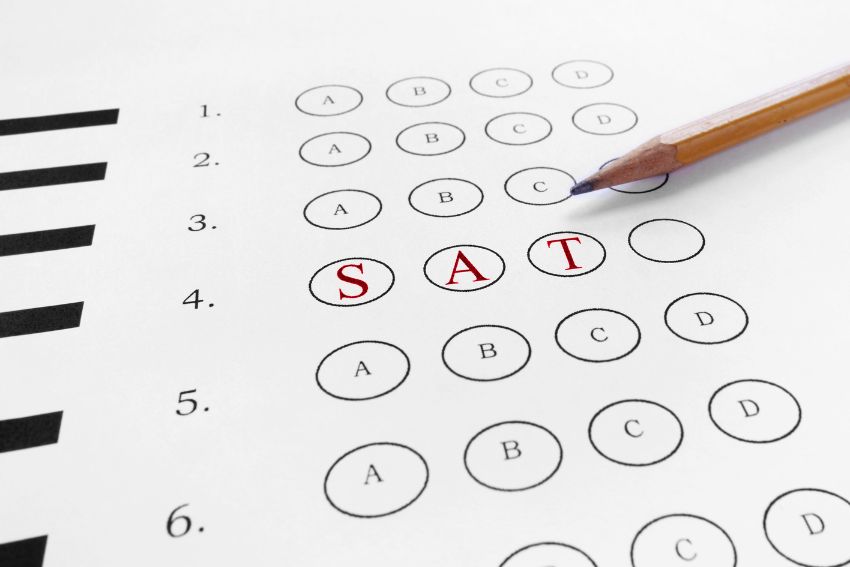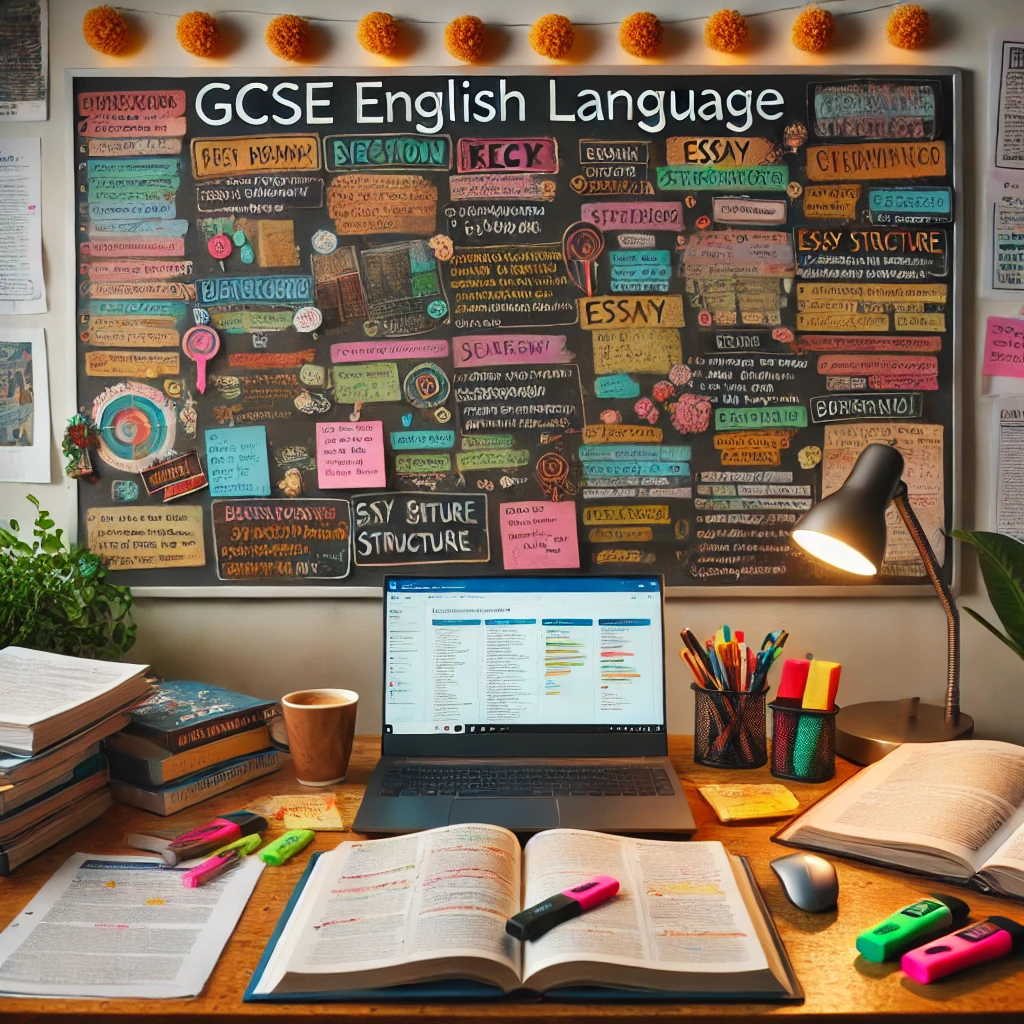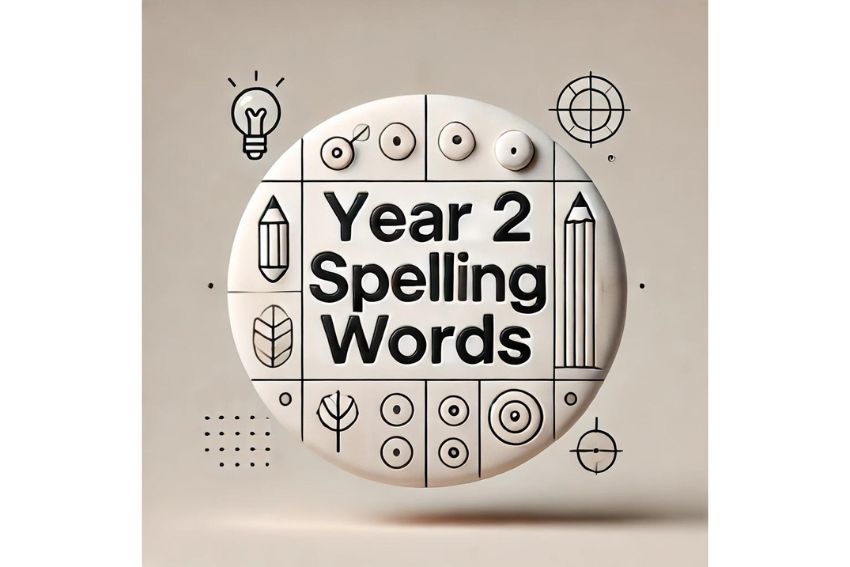As July approaches, anticipation grows for the release of the 2024 KS2 SATs results. In this blog, we will provide you with the latest updates, detailed analysis, and essential insights into what these results mean for students, parents, and educators. Our goal at Third Space Learning is to keep you well-informed with the most relevant and timely information available.

When Do SATs Results Release?
The Key Stage 2 SATs results for 2024 are set to be released in July. Drawing on patterns from previous years, such as the 11th July 2023 release, we can anticipate a similar timeline for this year. This section of our blog will serve as a live tracker for all developments related to the KS2 SATs results as they unfold.
Why Focus on KS2?
Key Stage 2 (KS2) covers Years 3 to 6 and is the final stage of primary school. It lays the foundation for future success and eases the transition to secondary school. During KS2, students expand on earlier skills, exploring subjects like maths, English, and science in more depth.
Academic Development
KS2 is when children develop essential skills in core subjects, such as:
- Reading comprehension: Students engage with more complex texts, improving their ability to analyse and understand different forms of literature.
- Mathematical reasoning: They explore advanced mathematical concepts, like fractions, percentages, and geometry, building the foundation for more complex secondary school topics.
- Writing skills: KS2 places emphasis on grammar, punctuation, and spelling (SPaG), helping students express themselves clearly and confidently in written form.
This stage also prepares students for the SATs tests in Year 6, which assess their proficiency in these core areas. Strong KS2 performance is essential, as it equips children with the academic tools they’ll need to tackle more challenging material in secondary school.
Personal and Social Growth
KS2 is not just about academic learning. It’s also a crucial time for personal and social development. Children begin to:
- Take on more responsibility: At this stage, students are often given leadership roles in their school communities, such as being class monitors or members of school councils.
- Develop independence: Firstly, They learn to manage homework, time, and assignments more effectively, skills that are necessary for secondary school.
- Strengthen social relationships: KS2 is a key time for building friendships and learning to work collaboratively with peers, which supports emotional and social development.
Preparing for Secondary School
Focusing on KS2 also ensures that children are well-prepared for the transition to secondary school. During this time, they become accustomed to structured learning environments, expectations of greater responsibility, and the ability to work independently. Schools use KS2 results, especially SATs, to tailor support and create ability groups in Year 7, so a strong focus on KS2 can give students a head start when entering secondary education.
Honing academic and personal skills in KS2 equips children for Key Stage 3 challenges. This focus prepares them for exams and builds confidence for the next phase.
Understanding SATs Scores
SATs results in 2024 use scaled scores. Scaled scores standardise results, ensuring they account for variations in test difficulty across years. Here’s a breakdown of what the scaled scores mean:
- A score of 100 means your child has met the expected standard.
- Scores below 100 indicate your child did not meet the expected standard and may require additional support.
- Scores above 100 show that your child has exceeded the expected standard.
The range of scores typically falls between 80 and 120, with 80 being the lowest and 120 the highest possible score. Each subject will have its own scaled score, so your child will receive a separate score for reading, maths, and SPaG. These scores give a clear picture of your child’s academic abilities compared to national expectations.
Additionally, it’s important to remember that Year 2 SATs are marked differently, with teacher assessments playing a significant role. These results are less formal and focus on how your child is progressing rather than purely on test performance.

Key Dates and What to Expect
This schedule is crucial for educators and parents to ensure students are prepared for each component of the test suite.
SATs 2024 Exam Schedule
| SATs 2024 Exam Schedule | detailed information |
| 13th May | Grammar, Punctuation and Spelling (45 minutes for the grammar/punctuation test and 20 minutes for the spelling test) |
| 14th May | Reading Test (60 minutes) |
| 15th May | Maths Paper 1 (Arithmetic, 30 minutes) and Maths Paper 2 (Reasoning, 40 minutes) |
| 16th May | Maths Paper 3 (Reasoning, 40 minutes) |
Release and Access to SATs Papers
The SATs test materials and mark schemes, particularly for KS2 maths and English, are expected to be released online in May 2024. While exact dates for the release from embargo are still pending, this will include:
- English reading paper
- Grammar and punctuation paper
- Spelling paper
- Mathematics papers focused on reasoning
These materials will be invaluable for educators and students alike, providing key resources for preparation and review.
Impact of SATs Results on Secondary School Placement
It’s important for parents to understand that SATs results, however significant, are not used to determine whether a child gets into a specific secondary school. Instead, admissions are typically based on factors such as catchment area, sibling attendance, and school choice.
However, secondary schools may use SATs results to:
- Group students by ability: For subjects like maths and English, schools may place children into ability sets based on their SATs performance.
- Monitor progress: SATs results help schools monitor progress from Key Stage 2 to Key Stage 3, ensuring they understand each child’s starting point as they enter secondary education.
While SATs results won’t impact school placement, they can play a role in a child’s academic journey in secondary school.
SATs Results 2024: National Averages
Each year, national averages are published alongside individual SATs results. Furthermore, These averages help schools, parents, and the government understand student performance nationwide. Comparing your child’s scores to the average shows their progress.
For example, in 2023, the national average scaled score for reading reached 105, with similar averages for maths and SPaG. In 2024, we expect similar averages. Schools and parents should use these averages to assess overall performance. Remember that individual results are what matter most for a child’s development.
How to Prepare for the Results
As we await the official release of the SATs results, there are several ways schools and parents can prepare:
- Download Past Papers: Engaging with past papers is one of the best ways to understand the format and types of questions that will be included in the tests.
- Utilise Free Resources: Hundreds of free resources are available to aid in preparation, including year 6 maths SATs practice papers.
- Online Maths Tuition: For those seeking more structured support, our online one-to-one maths SATs tutor offers personalized preparation using various funding options.
Implications of the SATs Results
Understanding the SATs results goes beyond simply knowing scores. These results provide a snapshot of educational achievement and are crucial for:
- Setting future learning targets
- Identifying areas needing improvement
- Planning educational strategies at both the classroom and policy levels
Conclusion
As July approaches, the release of the 2024 SATs results will mark an important milestone in the academic journey of Year 6 students across the UK. Furthermore, These results offer valuable insights into each child’s performance in core subjects like maths, reading, and SPaG, helping schools and parents identify strengths and areas for improvement.
While SATs scores won’t determine secondary school placement, they play a crucial role in shaping the support and guidance your child will receive as they transition to Key Stage 3.









